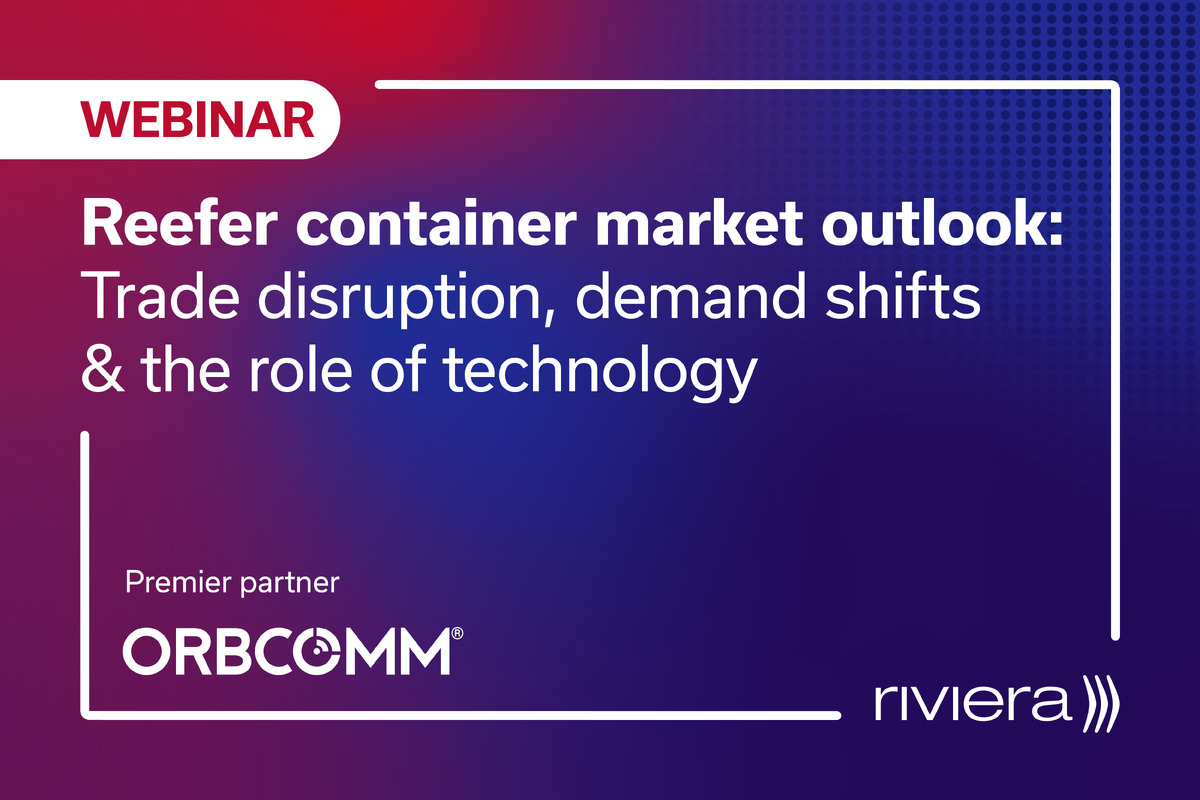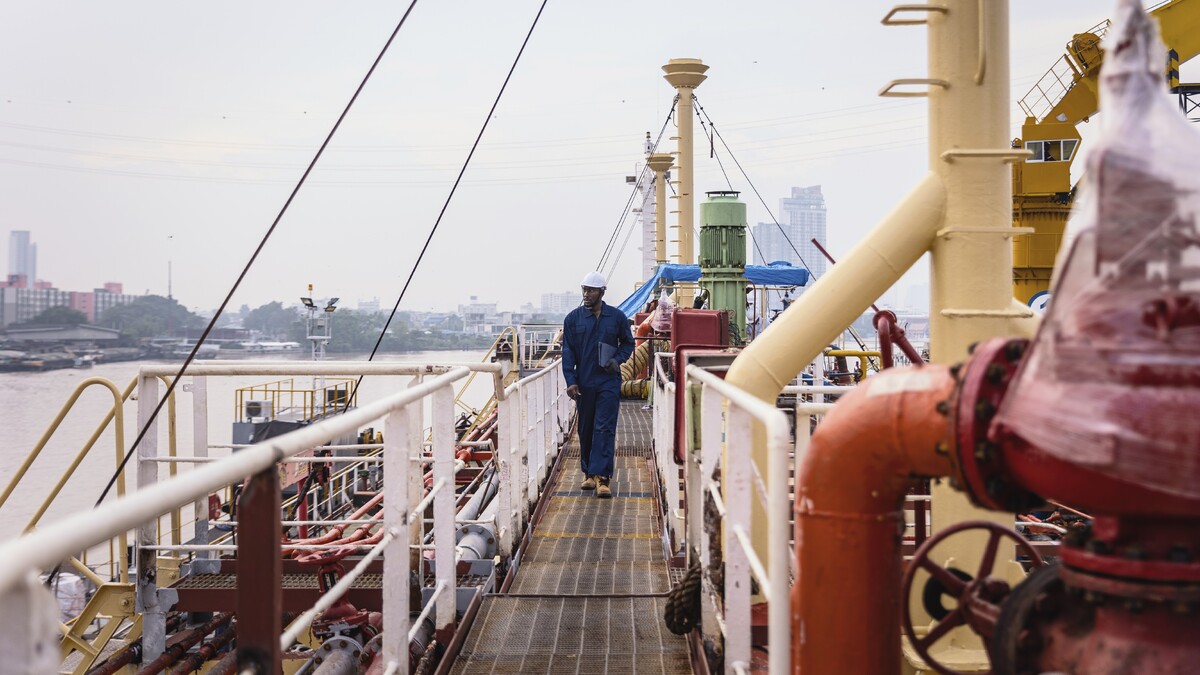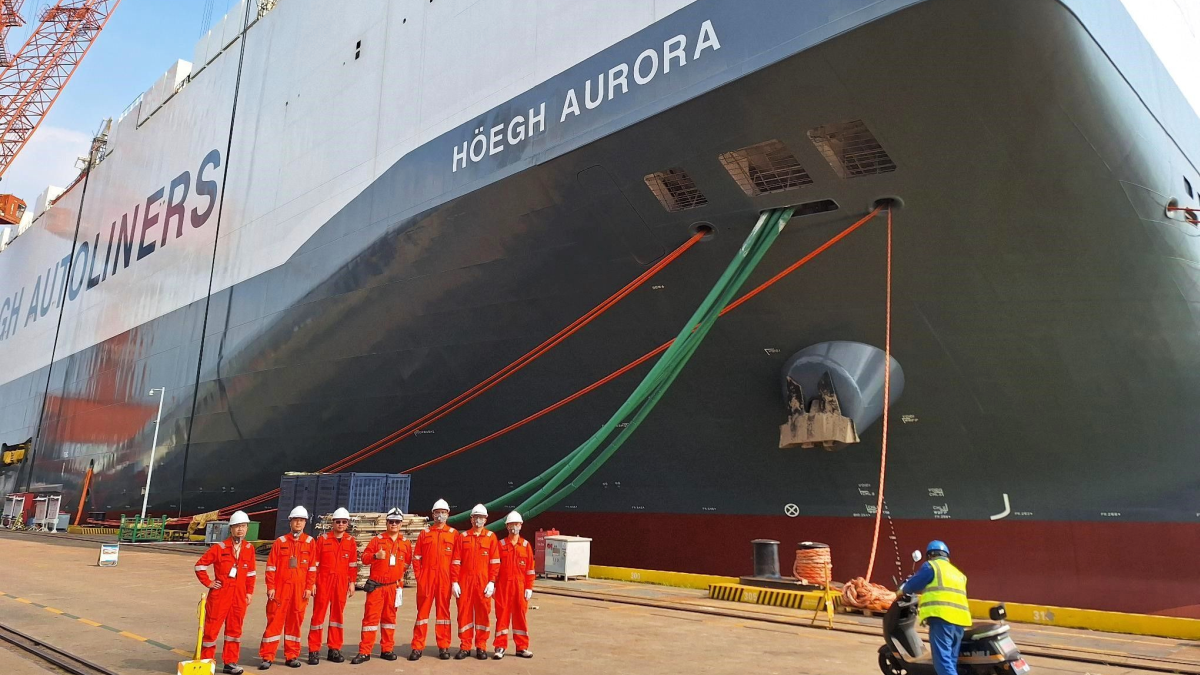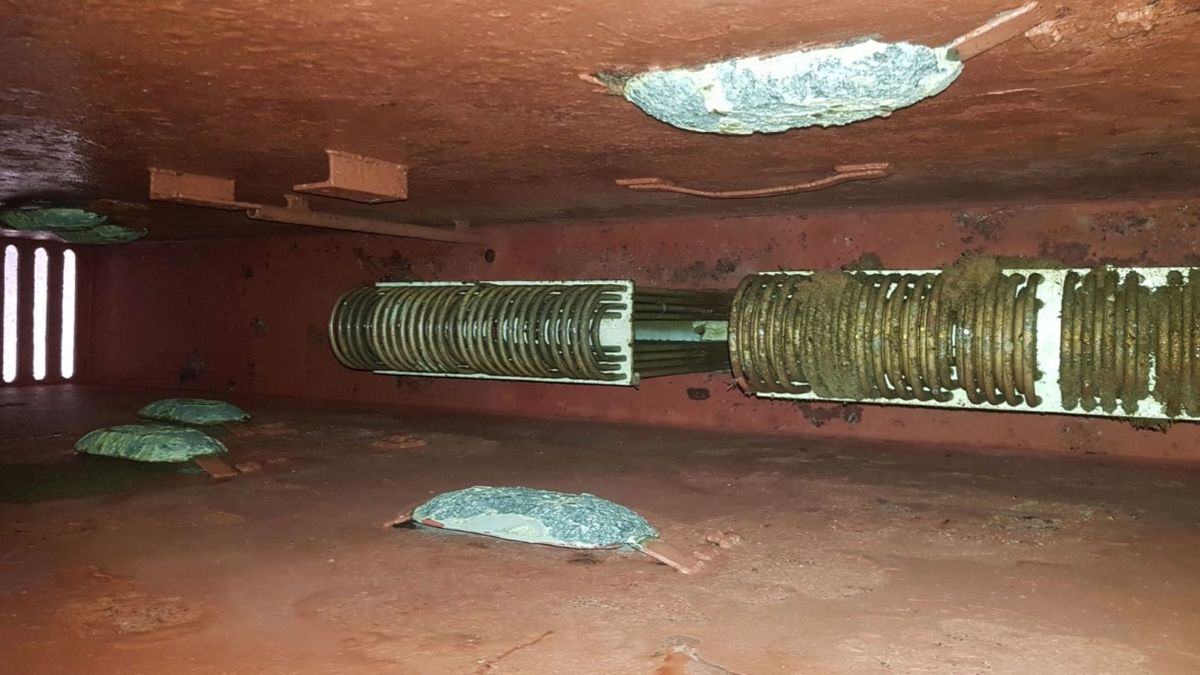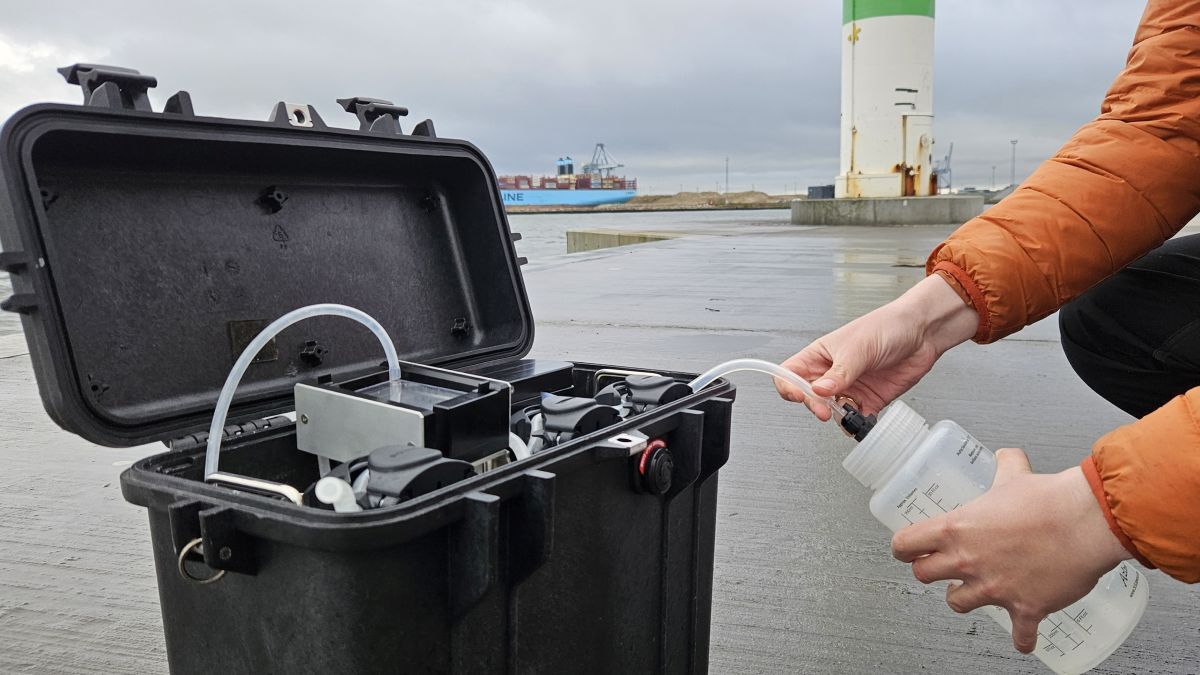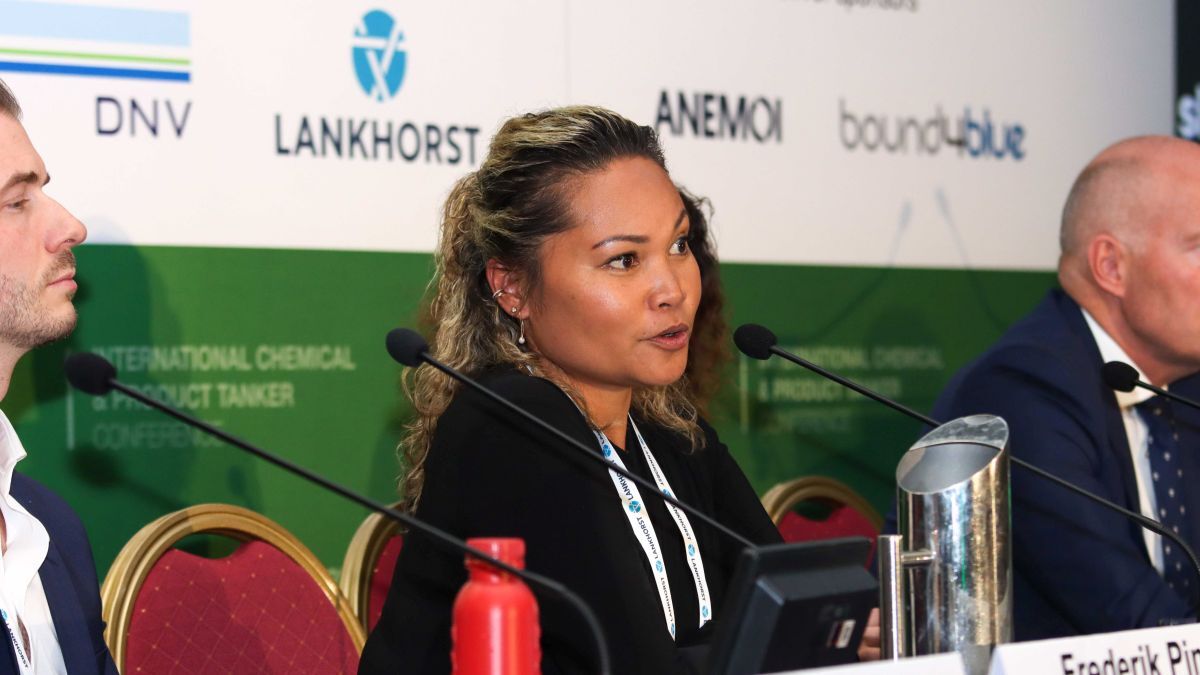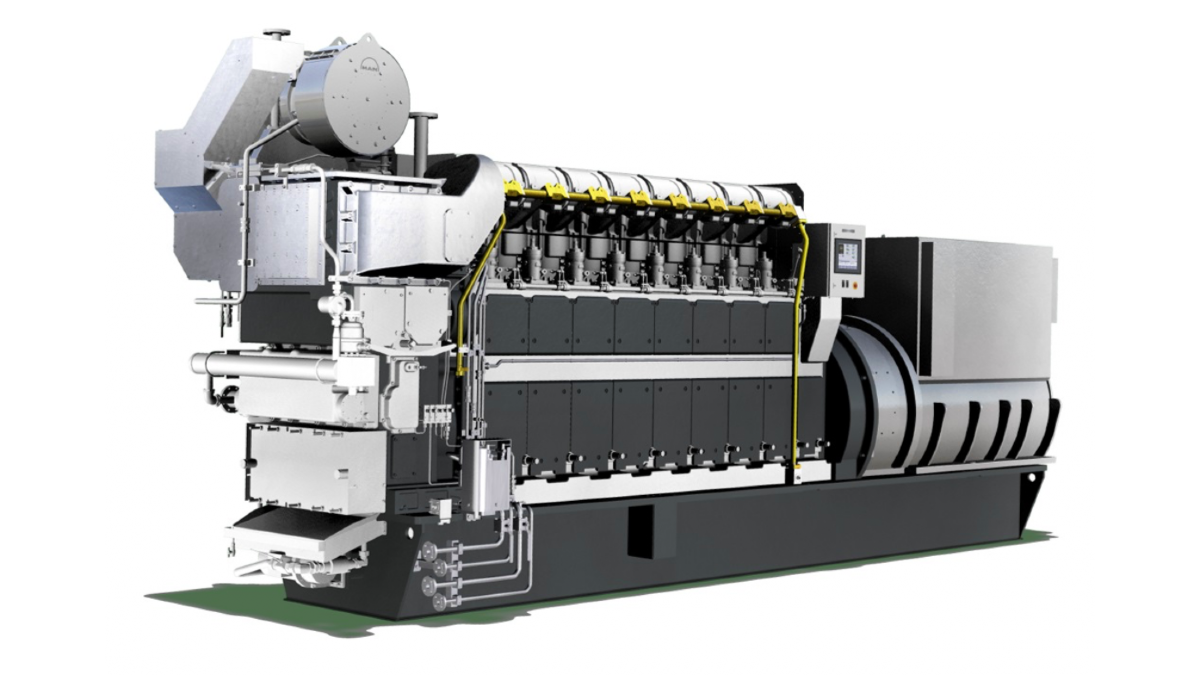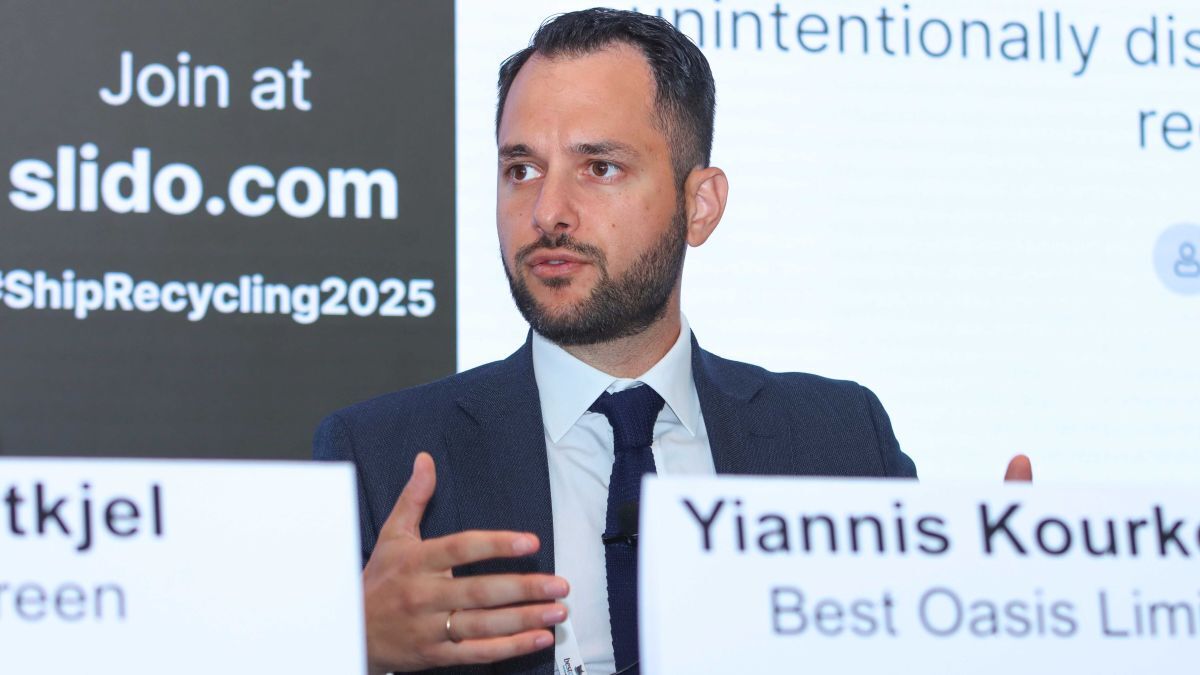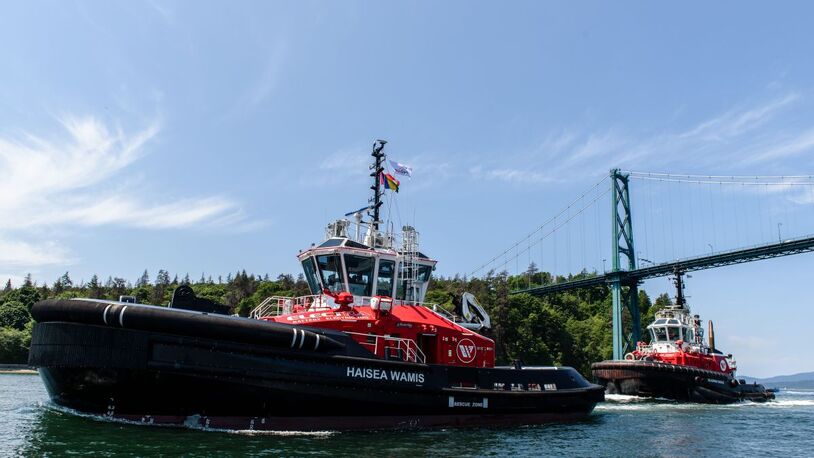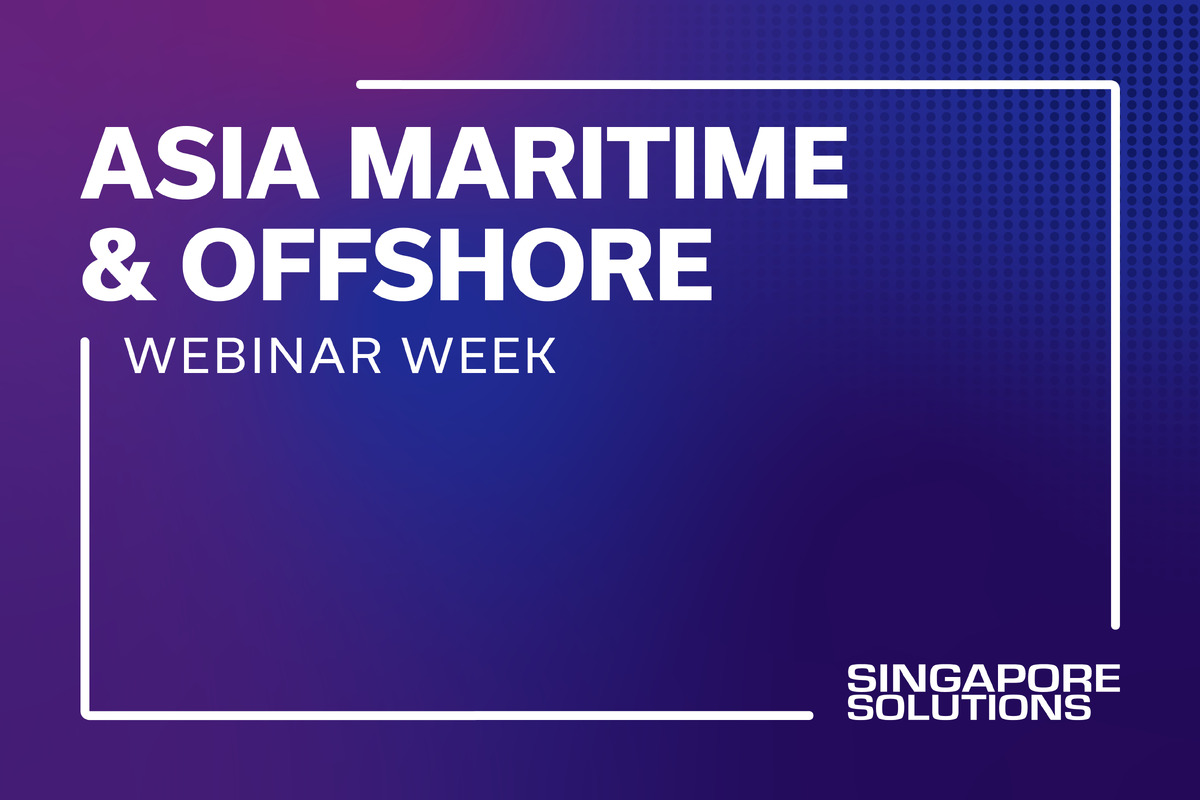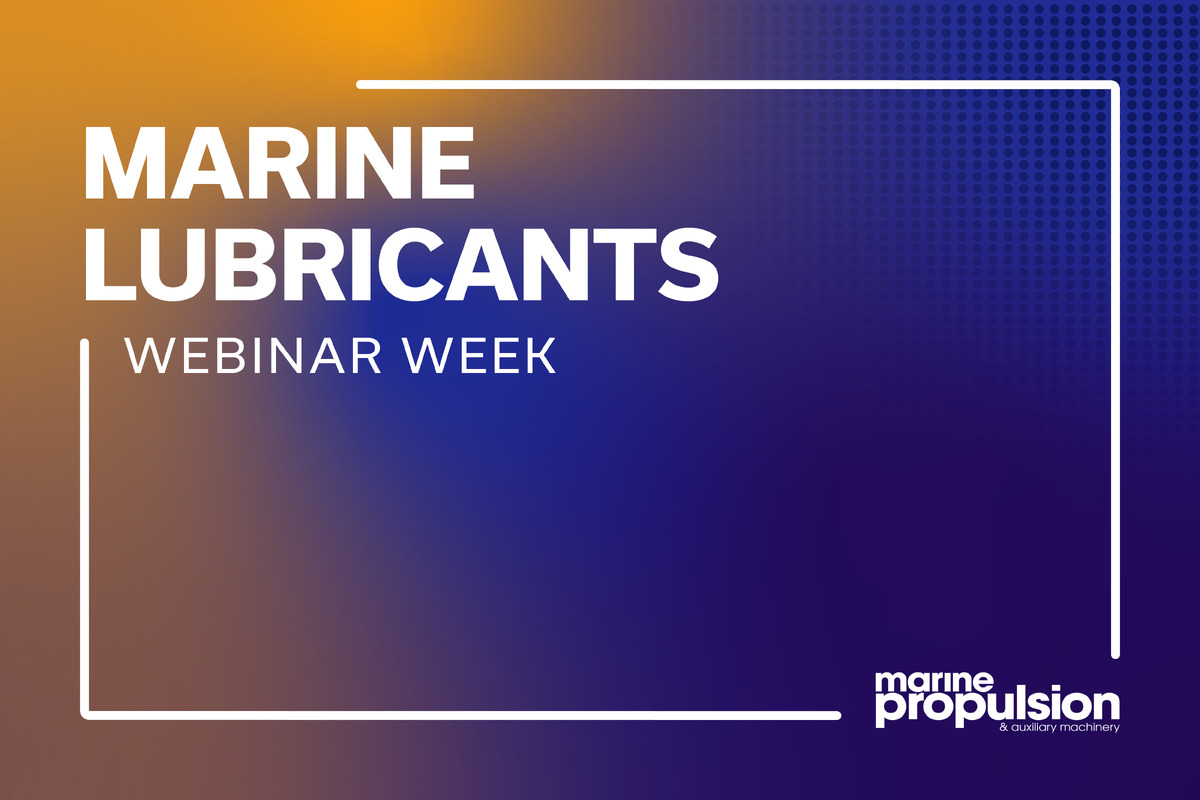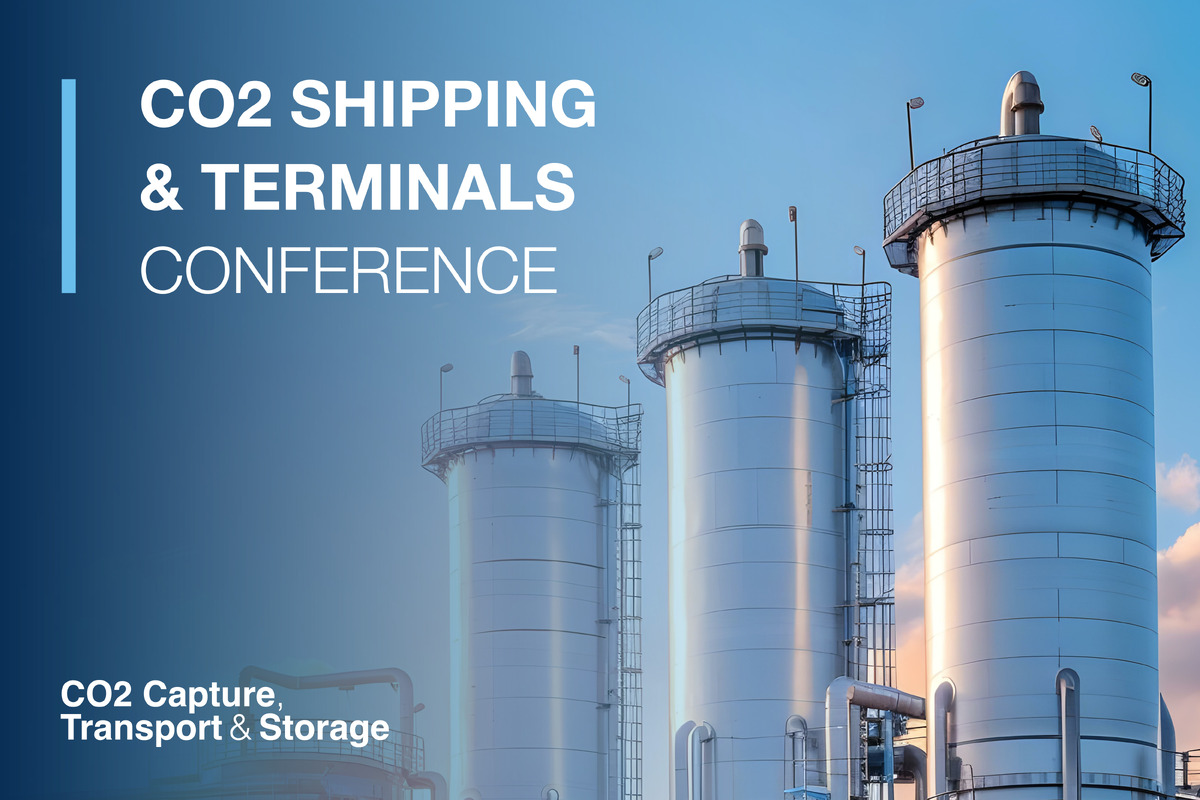Business Sectors
Contents
Register to read more articles.
Norway goes big on hydrogen- and ammonia-fuelled ships
Norwegian state-owned Enova selects six projects that will build 15 ships using zero-carbon fuels to advance the value chains for both hydrogen and ammonia as marine fuels
In its latest move to push the envelope on the transition to zero-carbon fuels, Norwegian state-owned Enova has awarded a total of Nrk1.2Bn (US$112.7M) in grants to back the commercialisation of 15 hydrogen- and ammonia-fuelled ships.
The funding is the largest allocation yet made in one round by the state-run innovation agency, which falls under the Norwegian Climate and Energy Ministry.
The grants were announced at the DNV/Green Shipping Programme in Høvik on 19 June, with Climate and Environment Minister, Andreas Bjelland Eriksen, in attendance. Minister Eriksen said the “record-breaking allocation was a big step in the right direction” in supporting shipping’s transition to lower emissions, supporting Norway’s own climate targets.
“Record-breaking allocation was a big step in the right direction”
The Enova funding will support the development of the value chain for zero-carbon fuels, establishing demand for green hydrogen and ammonia and bunkering infrastructure. Those receiving grants were: Höegh Autoliners (pure car truck carriers) and Amon Gas (mid-size gas carriers) under the Ammonia for Ships programme; and Maris Fiducia (dry bulk carriers), Møre Sjø (general cargo ships), Napier (live fish carrier) and Halten Bulk (dry bulk carrier) for the Hydrogen for Ships programme. The projects were selected from 45 applications that were submitted by 22 March. Applications for the next round of grants for the Hydrogen for Ships and Ammonia for Ships programmes will have to be submitted by 27 September.
Hydrogen for Ships
Some Nrk780M (US$56.2M) in grants will back the development and construction of nine hydrogen-powered commercial vessels. Among the winning applications was Maris Fiducia Norway AS, which received almost Nrk300M (US$28.2M) to develop and operate five hydrogen-powered 6,000-dwt dry bulk vessels for a new zero-emissions service.
The project brings together Maris Fiducia Norway AS, with HAV Hydrogen and Norwegian Hydrogen as subcontractors.
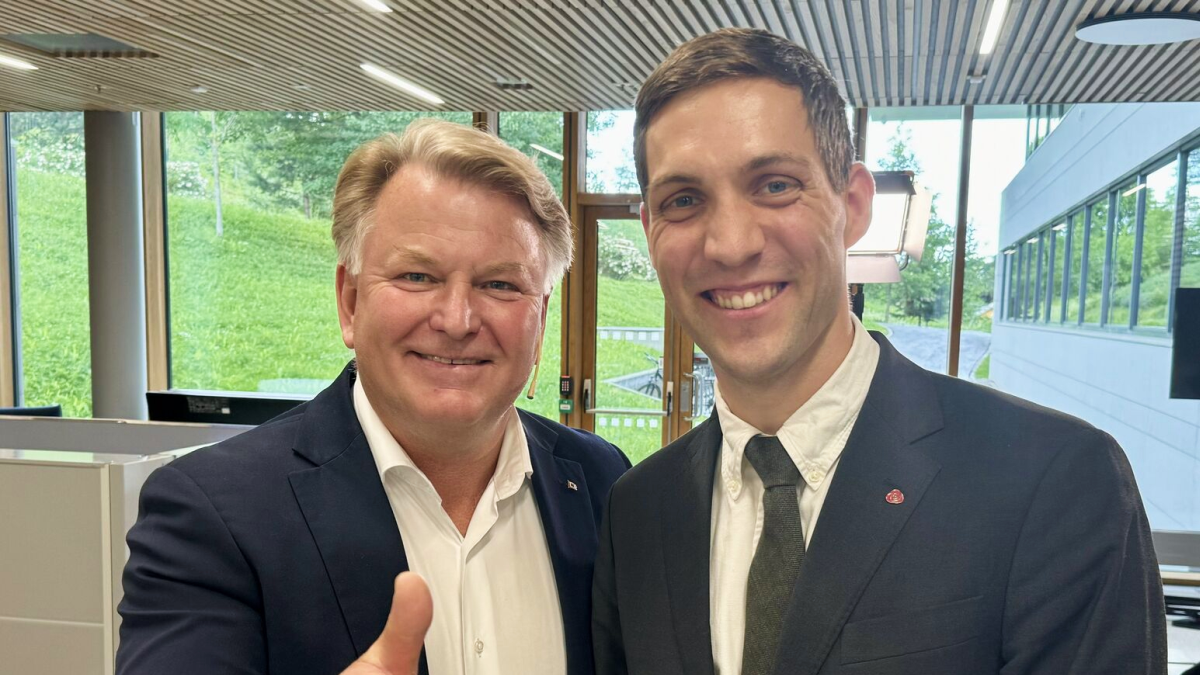
The five dry bulk carriers will be commercially managed by Maris Fiducia Norway, which is the Norwegian operation of Dutch shipowner Maris Fiducia, for a zero-emissions time charter with Schulte & Bruns. The aim of the project is to establish a commercial operation for vessels operating on hydrogen fuel, proving the feasibility of hydrogen technologies for shipping.
The project grew from a conversation with Jørgen Kopperstad from Norwegian Hydrogen about fuel availability and technical competence in the Norwegian maritime cluster, noted Maris Fiducia Group chief executive, Markku Vedder.
Dutch naval architectural and marine engineering firm Ankerbeer is designing the vessels, which will incorporate a dual-fuel hydrogen international combustion engine (ICE) combined with fuel cells for auxiliary power.
Each of the ships will have a deckhouse containing hydrogen fuel cells and a complete hydrogen energy system, a so-called Zero Emission Pod (ZEPOD), developed by Norway’s HAV Hydrogen. Each ZEPOD will deliver a total capacity of 400 kW to run all auxiliary systems on board the bulk carriers. The intention is to increase the capacity of the ZEPODs to 1 MW capacity at a later stage.
ZEPOD, which received an approval in principle from DNV in 2023, has several fuel cells mounted together with a complete hydrogen distribution system, control and safety system, including emergency shutdown system, ventilation system, cooling system, and DC/DC power distribution system.
Oslo-listed HAV Hydrogen is developing its first full-scale ZEPOD, which will be ready for testing next year, with the intention to deliver a system by the end of 2025, depending on the shipyard.
Green hydrogen to operate the vessels will be supplied by Alesund-based Norwegian Hydrogen.
Ammonia for Ships
Probably the most high-profile of all the alternative-fuelled projects receiving funding is Höegh Autoliners’ Aurora-class car carrier newbuilding programme. With the latest round of grants, the shipowner has now received a total of Nrk255.59M towards the construction of four ammonia-fuelled pure car truck carriers (PCTCs), which will be among the first to incorporate MAN Energy Solutions two-stroke, ammonia dual-fuel engines. Unlike the first eight PCTCs in the class that will be built ‘ammonia ready’ and initially operate with LNG dual-fuel-technology, the four Enova-backed newbuilds will be ammonia-burning right out of the box when they are delivered in 2027.
“Shipping companies need to send a clear signal to the rest of the value chain”
Höegh Autoliners chief executive, Andreas Enger, wants his company to take the lead in showing that clean ammonia is a viable zero-carbon shipping fuel. “We believe it is important for shipping companies to send a clear signal to the rest of the value chain that the technology can be realised in a short time and that there will be demand for carbon-neutral fuel,” he says.
Plans call for Höegh Aurora, the first of the LNG dual-fuelled PCTCs, to be christened at China Merchants Heavy Industry in early August.
Amon Maritime’s new ammonia gas venture, Amon Gas, received almost U$17M in backing from Enova to support the construction of two mid-size ammonia-fuelled gas carriers.
Related to this Story
Events
Reefer container market outlook: Trade disruption, demand shifts & the role of technology
Asia Maritime & Offshore Webinar Week 2025
Marine Lubricants Webinar Week 2025
CO2 Shipping & Terminals Conference 2025
© 2024 Riviera Maritime Media Ltd.
